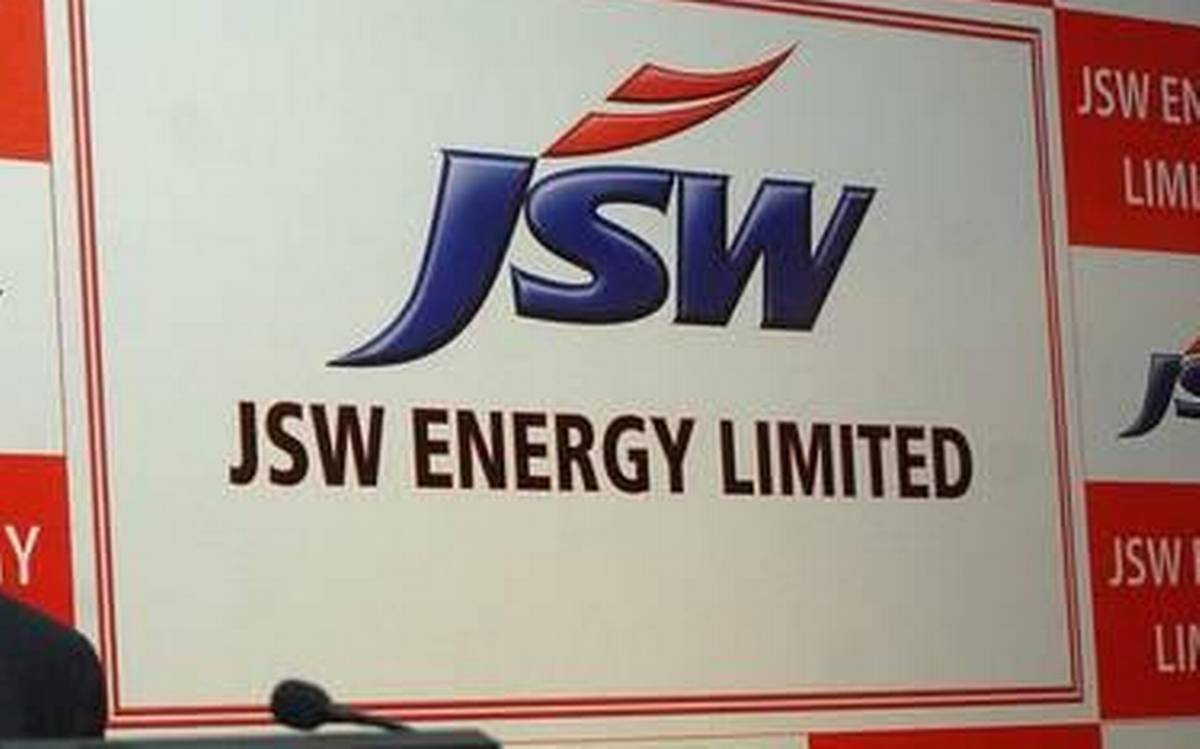The Sajjan Jindal-led JSW Energy’s proposal to route imports of coal and other goods via a Singapore based company owned by his wife and daughter, has met with stiff opposition from institutions and minority shareholders. They blocked the transaction at the company’s annual general meeting (AGM) held in August, as this deal benefited only the promoters of the JSW group but would not in any way benefit the minority shareholders.
Institutional Investor Advisory Services (IIAS) issued a note, which stated that the name of the Singapore-based company is JSW International Trade Corp., which is owned by Sangita Jindal and Tarini Jindal, the wife and daughter of JSW Energy promoter, Sajjan Jindal. IIAS said that JSW Energy should have structured the transactions through a direct subsidiary.
JSW Energy had proposed to procure coal from the Singapore-based JSW International trade corp. This company routes coal imports for JSW group from Mozambique, Indonesia, Australia and South Africa. When this proposal came to light, proxy advisory firms raised questions over the way the deal was structured, following which 70% institutions and minority shareholders voted against the proposal.
The deal proposed by JSW Energy Corp with JSW International Trade Corp falls in the category of related party transaction, which needs approval of minority shareholders. According to BSE data, JSW Energy promoters hold 74.8% stake in the company. The AGM reports reveal that over the past three years, transactions between JSW Energy and JSW International have crossed the Rs 6,500 crore mark.
This proposal by JSW Energy raises a lot of questions, in fact, JSW International Corp’s actions can be equated with the concept of a letterbox company. A letterbox company can be defined as a business that establishes its domicile in one member state merely with a mailing address, while conducting its activities in other member states, usually with the aim of evading legal and social obligations such as taxation, collective agreements and social security.
DO SUCH TRANSACTIONS HAVE ANY PRECEDENT?
It may be recalled that the Directorate of Revenue Intelligence (DRI), which comes under the Union Ministry of Finance, issued a general alert to fifty odd customs establishments all over India, highlighting the modus operandi of companies to over invoice coal imports. But to find out whether this was the aim of JSW Energy’s promoters in proposing to import coal from the Singapore-based company JSW International Trade Corp can be revealed only when the company’s earlier transactions are investigated by competent authorities.
The DRI had claimed that money was being siphoned outside India by over invoicing coal imports and that electricity generating companies were availing higher tariff compensation, which was based on inflated coal prices. The revelation had come to light on 27 February 2016 when the DRI arrested Manoj Kumar Garg, a Hong Kong based Indian, who had allegedly opened a front company in Dubai and over-valued coal upto Rs 280 crores. This coal was to be supplied for the requirement of the electricity boards of Karnataka and Tamil Nadu.
According to the remand application filed before the magisterial court, Esplanade, Mumbai, in Manoj Kumar Garg’s case, he is a partner in the companies Glint Global General Trading LLC, Dubai and Glints Global Ltd, Hong Kong, which are trading companies. These two companies supplied coal to MBG Commodities Pvt Ltd, which in turn had supplied it to MSTC Ltd, a public sector undertaking, which supplied it to power generating companies.
The remand application in the Garg’s case further said that a number of companies in India are over valuing coal imports of Indonesian steam. The modus operandi was to create layers of invoicing between Indonesia and India. Intermediary firms, based in Singapore, Hong Kong, Dubai and other locations were set up to inflate the prices of coal in official billing records.
In April 2016, while the cost, insurance and freight prices of the landed prices per metric tonne of coal imported from any port in Indonesia were around $50 per metric tonne, the prices in India were $82 per metric tonne.

